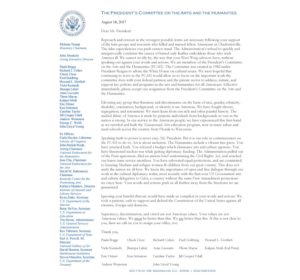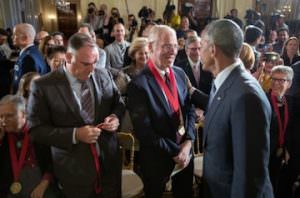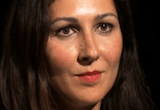Where Neuroscience Meets Literature
How about a little cognitive psychology with your English literature? Professors who normally spend their time thinking about Virginia Woolf's characters and story structures are taking a page from scientific texts to add a new dimension to their exploration of fiction.
How about a little cognitive psychology with your English literature? Professors who normally spend their time thinking about Virginia Woolf’s characters and story structures are taking a page from scientific texts to add a new dimension to their exploration of fiction. –KA
Your support matters…The New York Times:
Now English professors and graduate students are asking them too. They say they’re convinced science not only offers unexpected insights into individual texts, but that it may help to answer fundamental questions about literature’s very existence: Why do we read fiction? Why do we care so passionately about nonexistent characters? What underlying mental processes are activated when we read?
Ms. Zunshine, whose specialty is 18th-century British literature, became familiar with the work of evolutionary psychologists while she was a graduate student at Stanford in the 1990s. “I thought this could be the most exciting thing I could ever learn,” she said.
At a time when university literature departments are confronting painful budget cuts, a moribund job market and pointed scrutiny about the purpose and value of an education in the humanities, the cross-pollination of English and psychology is a providing a revitalizing lift.
Independent journalism is under threat and overshadowed by heavily funded mainstream media.
You can help level the playing field. Become a member.
Your tax-deductible contribution keeps us digging beneath the headlines to give you thought-provoking, investigative reporting and analysis that unearths what's really happening- without compromise.
Give today to support our courageous, independent journalists.






You need to be a supporter to comment.
There are currently no responses to this article.
Be the first to respond.